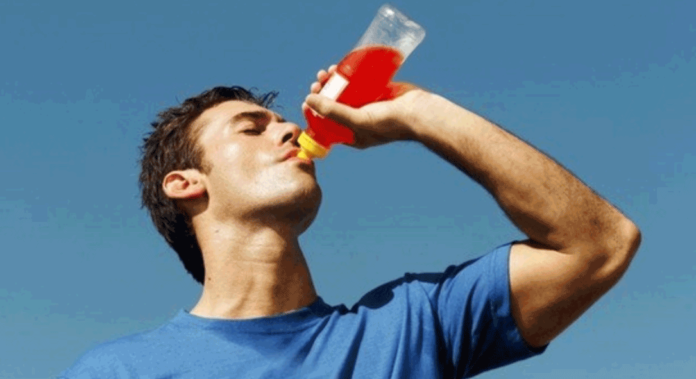Introduction Fasting has become a popular health trend, with many people practicing intermittent fasting, dry fasting, and water fasting. But a common concern among those who fast is dehydration. Can fasting cause dehydration? Does fasting dehydrate you? In this article, we will explore the relationship between fasting and dehydration, the symptoms to watch out for, and how to prevent dehydration while fasting.
What is Fasting?
Fasting is the practice of abstaining from food, and sometimes water, for a set period. There are different types of fasting:
✅ Intermittent Fasting (IF): Eating within a specific time window and fasting for the rest of the day.
✅ Water Fasting: Only drinking water and avoiding all food.
✅ Dry Fasting: Abstaining from both food and water.
✅ Religious Fasting: Practiced in various religions like Ramadan fasting in Islam.
Each fasting type affects hydration levels differently, with dry fasting having the highest risk of dehydration.
Does Fasting Dehydrate You?
Yes, fasting can lead to dehydration, especially if you do not drink enough water before and after fasting. Here’s how:
📌 Loss of Fluids: During fasting, the body still loses water through sweat, urine, and breathing.
📌 Reduced Water Intake: If you’re fasting without drinking water, your body doesn’t get fluid replenishment.
📌 Electrolyte Imbalance: Fasting without proper hydration can cause an imbalance of sodium, potassium, and magnesium.
Fasting Dehydration Symptoms
It’s important to recognize dehydration symptoms while fasting. Here are common signs:
⚠️ Mild Dehydration Symptoms:
- Dry mouth and lips
- Headache
- Dark yellow urine
- Fatigue
- Dizziness
⚠️ Severe Dehydration Symptoms:
- Extreme thirst
- Confusion
- Rapid heartbeat
- Sunken eyes
- Fainting
Ignoring these symptoms can lead to serious health risks, so it’s essential to take precautions.
How to Prevent Dehydration While Fasting
Even when fasting, you can take steps to stay hydrated:
💧 Hydrate Before Fasting: Drink plenty of water before your fasting period begins.
🍉 Eat Hydrating Foods: Fruits like watermelon, cucumbers, and oranges help retain fluids.
⚖️ Maintain Electrolyte Balance: Include salt, potassium, and magnesium in your diet to avoid imbalances.
🕒 Choose Shorter Fasting Windows: If dehydration is a concern, opt for intermittent fasting instead of dry fasting.
💦 Rehydrate After Fasting: Drink water gradually to avoid shocking your system.
Dry Fasting and Dehydration Risks
Dry fasting is the most challenging type of fasting because it prohibits both food and water intake. The risks include:
🔥 Increased Risk of Kidney Issues: Without water, the kidneys work harder, which may lead to kidney stones.
🔥 Low Blood Pressure: Dehydration reduces blood volume, causing dizziness and fainting.
🔥 Muscle Cramps and Weakness: Lack of electrolytes leads to muscle fatigue and cramping.
If you choose to dry fast, make sure to monitor your body closely and break the fast immediately if you experience severe dehydration symptoms.
Can You Fast Without Getting Dehydrated?
Yes! You can practice safe fasting by:
✔️ Drinking plenty of water before and after fasting.
✔️ Including herbal teas, coconut water, and electrolyte-rich drinks in your diet.
✔️ Eating water-rich foods before starting your fast.
✔️ Avoiding excessive physical activity while fasting.
✔️ Listening to your body and breaking the fast if dehydration symptoms appear.
Final Thoughts
Fasting offers many health benefits, but it’s essential to stay hydrated. Whether you practice intermittent fasting, water fasting, or dry fasting, understanding dehydration risks and prevention methods will help you fast safely. Always listen to your body and prioritize hydration to enjoy the benefits of fasting without the dangers of dehydration. Stay healthy and happy fasting! 😊













